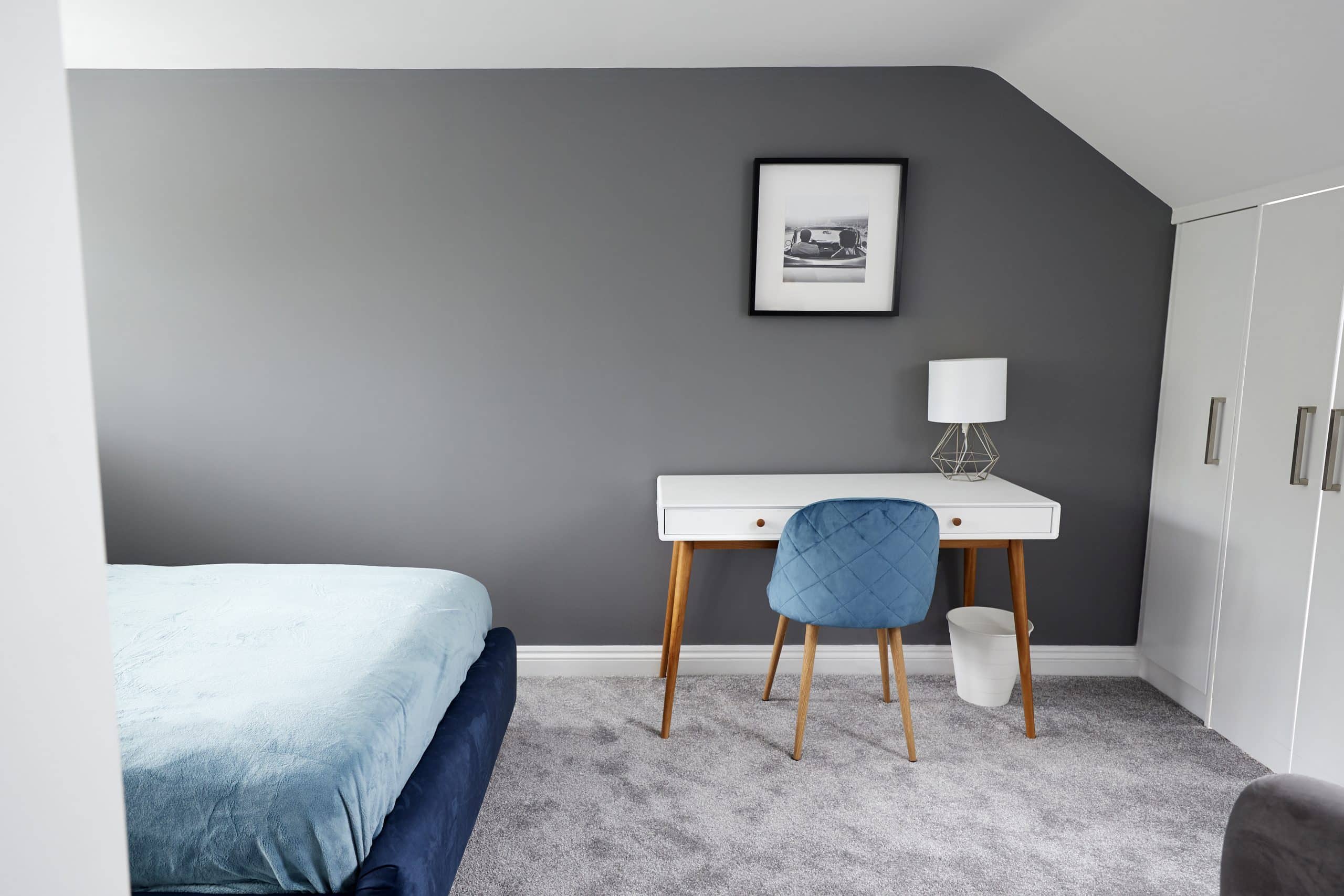What Are the Best Practices for Converting Hotels to Long-Term Rental Properties?

If you are in the real estate or housing industry, you might have noticed a growing trend: the conversion of hotels into multifamily rental properties. This innovative approach to property management offers a solution for both the struggling hotel market and the increasing demand for affordable housing. However, it’s not a simple process. So how do you make the conversion? What are the best practices for transforming hotels into long-term rental properties? Let’s delve into it.
Understanding the Market Trends
Before you make any significant investment in property conversions, you should first understand the market trends. The hotel industry has experienced a notable decline in the past few years, largely due to the rise of vacation rental platforms and changing consumer preferences. On the contrary, the rental market has seen a surge, especially in urban areas, where affordable living spaces are in short supply.
Also to see : What Are the Best Investment Strategies for Waterfront Properties Given Rising Sea Levels?
Riding on these trends, converting hotels into rental apartments can be a smart move. However, it’s crucial to do a thorough market analysis, local real estate trends, and understand the demand for rentals in the area where the hotel is located. For instance, if you’re considering a conversion in an area that is already oversaturated with rental properties, you might find it challenging to attract tenants.
Choosing the Right Property
Not all hotels are suitable for conversion into rental apartments. You need to find a property that is well-located, structurally sound, and adaptable to residential use. Some hotels might require substantial renovation and upgrading to meet the standards of residential living. These costs should be factored into your budget when considering a property for conversion.
Additional reading : What Are the Prospects for Real Estate Development in Space-Themed Attractions?
When looking for a property, consider hotels that are close to city centers or in areas with good transportation links. The appeal of such locations to potential tenants can’t be overemphasized. Also, take into account the physical attributes of the building. Ideally, the hotel should have a layout that can be easily converted into individual apartments.
Navigating the Legal Landscape
The conversion of a commercial property such as a hotel into multifamily housing involves a plethora of legal procedures. From zoning laws to building codes, you need to navigate through a maze of regulations. It’s essential to work closely with a seasoned real estate attorney who can guide you through the process.
In some cases, local authorities might resist such conversions, especially if they are perceived as detrimental to tourism or local businesses. However, many municipalities are embracing these conversions as a way of addressing housing shortages. It’s therefore crucial to keep abreast of the local news and changes in regulations that might affect your project.
Implementing the Conversion
Once you have the green light and have chosen a suitable property, it’s time to plan and implement the conversion. This step involves hiring an architect and construction team with experience in such projects. The goal is to transform the hotel into a functional, comfortable, and appealing living space.
This might involve creating individual kitchens and bathrooms where they didn’t exist before, installing laundry facilities, and creating communal spaces for residents. Additionally, you’ll need to upgrade the building’s insulation, heating, and cooling systems to meet residential standards.
During the conversion process, it’s crucial to keep potential tenants in mind. What features and amenities would they value? Features like secure parking, fitness centers, and outdoor spaces can help to attract tenants and command higher rental prices.
Marketing Your New Rental Properties
After all the hard work of converting the hotel, you’ll need to find tenants. Effective marketing plays a critical role in filling your new rental apartments. Highlight the unique features of your property, whether it’s a convenient location, unique building history, or modern amenities.
Use multiple marketing channels, including online real estate platforms, social media, and traditional advertising methods. Consider hiring a property management company to handle the marketing and management of your new rentals.
Converting hotels into long-term rental properties is a challenging but potentially profitable venture. With a detailed understanding of market trends, careful property selection, diligent legal navigation, thoughtful implementation of the conversion, and effective marketing, you can transform a struggling hotel into a thriving residential community.
Maintaining the Property
One pivotal aspect of converting hotels into rental properties is to ensure high-quality property management. Being a landlord does not end with finding tenants. The real work lies in maintaining the property, addressing tenant issues, and ensuring the long-term viability of your investment.
Property management is a significant aspect of keeping the rental business afloat. Regular maintenance checks should be undertaken to ensure that the property remains in good condition. This could involve regular inspection of the property’s heating systems, plumbing, electric wiring, and any communal facilities such as gyms or laundry rooms. The aim is to identify potential problems early and take corrective action before the issues escalate.
The conversion of hotel to residential use also means dealing with a set of different problems, such as extended stay issues, disputes among tenants, and ensuring the building adheres to residential health and safety standards. In such cases, having a dedicated property management team can be advantageous. They can handle these issues professionally, ensuring that the property runs smoothly and tenants are satisfied with their living conditions.
The cost of running and maintaining the property should also be considered while setting up rental prices. While it’s important to provide affordable housing, the prices should also be cost effective for the property owner. This way, the rental business will be sustainable in the long run.
Collaborating with Local Governments
In many areas, local governments are keen on supporting housing conversions, especially those that increase the supply of affordable housing. Leveraging this supportive environment can be beneficial for your conversion projects.
Establishing a good relationship with local and state authorities can help smoothen the conversion process. They can provide valuable guidance on the local building codes, safety regulations, and any financial incentives that may be available for such projects. In some cases, local governments may offer tax breaks or grants for projects that create affordable housing units.
However, it’s important to remember that not all local governments may be eager to see hotels converted into multifamily housing, especially if the hotel is an important source of tourism revenue. Hence, understanding the stand of local governments on hotel conversions is crucial before investing in such a project.
Conclusion
In conclusion, the conversion of hotels into long-term rental properties is a trend that is here to stay. With the ever-increasing demand for affordable housing and the slump in the hotel industry, this innovative approach offers a win-win solution. However, it’s essential to approach the task systematically and understand the intricacies involved.
From understanding the market trends, choosing the right property, navigating through legal red tape, implementing the conversion, marketing the new rentals, maintaining the property, and collaborating with local governments, each step holds its unique challenges and rewards.
Therefore, it’s recommended to work with experts in the field of real estate, law, construction, and property management to ensure the success of hotel conversion projects. Overall, with a strategic approach and a focus on creating quality living spaces, converting hotels into long-term rentals can be a profitable and rewarding venture.
